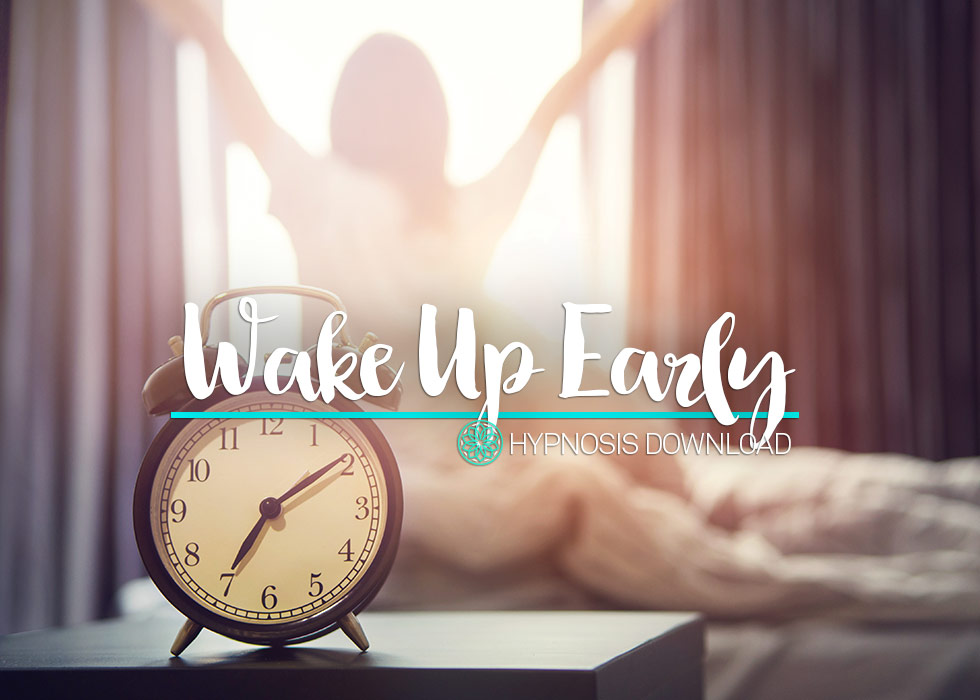
Waking up earlier can be a daunting task, especially if you struggle with feeling tired and groggy in the morning. While a consistent sleep schedule and reducing exposure to screens before bed can help, there are other factors that play a role in how well you feel when you wake up.
Diet, exercise, and mindfulness can all have a profound impact on your energy levels and overall well-being, and can help you train your body to adjust to waking up earlier. Whether you’re a night owl or an early bird, incorporating these habits into your daily routine can help you feel refreshed, energized, and ready to tackle the day ahead.
In this article, we’ll explore the role of diet, exercise, and mindfulness in helping you wake up earlier and feel your best.
Key Takeaways
- A healthy diet and exercise routine play a crucial role in promoting healthy sleep and energy levels.
- Recommendations for a healthy diet and exercise routine include consuming nutrient-dense foods, staying hydrated, and engaging in physical activity.
- Mindfulness and stress management are also crucial for improving sleep and reducing grogginess.
- Simple mindfulness techniques such as deep breathing, meditation, and yoga can be practiced in the morning to improve energy levels.
The importance of diet and exercise
One of the key factors in feeling energized and awake in the morning is getting enough quality sleep. Your diet and exercise routine play a crucial role in promoting healthy sleep and energy levels. Here’s how:
- Diet: Eating a healthy, balanced diet that includes plenty of fruits, vegetables, whole grains, and lean protein can help you feel more energetic and alert during the day. Additionally, it’s important to avoid large meals, caffeine, and sugar close to bedtime, as these can disrupt sleep and make it harder to wake up in the morning.
- Exercise: Regular exercise has been shown to improve sleep quality and boost energy levels. Aim for at least 30 minutes of physical activity a day, whether it’s a morning workout, a brisk walk during lunch, or an evening yoga class. Exercise can also help regulate your sleep-wake cycle and make it easier to fall asleep at night.
Incorporating healthy eating habits and a consistent exercise routine into your daily life can go a long way in promoting healthy sleep and energy levels. Whether you’re trying to wake up earlier or simply feel more refreshed during the day, a healthy diet and exercise routine are essential components of a successful sleep and energy strategy.
Healthy diet and Exercise Routine
When it comes to waking up earlier, diet and exercise play a crucial role in promoting healthy sleep and energy levels. In order to feel energized and alert upon waking, it’s important to prioritize a healthy and balanced diet as well as regular physical activity.
When it comes to diet, foods that are high in protein and fiber and low in sugar and caffeine can help regulate energy levels and improve sleep quality. This can include foods such as whole grains, lean proteins, fruits, and vegetables. It’s also important to stay hydrated by drinking plenty of water throughout the day, as dehydration can lead to feelings of fatigue and grogginess.
As for exercise, regular physical activity can help regulate sleep patterns and improve energy levels throughout the day. Aim to engage in at least 30 minutes of moderate exercise each day, such as jogging, yoga, or weightlifting. It’s also important to avoid intense exercise close to bedtime, as this can interfere with sleep and make it more difficult to fall asleep.
Incorporating healthy habits like these into your daily routine can help you feel more energized and awake upon waking, making it easier to adjust to waking up earlier and feel alert and ready to start the day.
The role of mindfulness and stress management
Mindfulness and stress management are critical components in improving sleep and reducing grogginess, particularly when trying to wake up earlier. Chronic stress can disrupt our sleep-wake cycle, making it difficult for us to fall asleep and stay asleep. On the other hand, mindfulness practices such as meditation and deep breathing can help calm the mind and body, reducing stress and promoting better sleep. Regular mindfulness practices can also help us become more aware of our thoughts, emotions, and physical sensations, enabling us to identify and address any sleep-disrupting habits or patterns.
Incorporating mindfulness into your daily routine can be as simple as taking five minutes to practice deep breathing, meditating for 10 minutes in the morning, or engaging in a relaxing activity such as yoga or stretching before bed. It’s important to find what works best for you and make it a regular part of your routine.
Stress management techniques, such as journaling, mindfulness, or therapy, can also help you get to the root of any underlying stressors and develop coping strategies to manage them. By reducing stress and promoting relaxation, mindfulness and stress management can have a profound impact on the quality of our sleep and our ability to wake up earlier feeling refreshed and energized.
Simple mindfulness techniques to improve energy levels
Mindfulness and stress management play a crucial role in helping people feel energized and ready to start their day. By reducing stress and anxiety levels, people are able to sleep better, and as a result, they are more likely to feel refreshed and awake when they wake up. Additionally, incorporating mindfulness practices into the morning routine can help improve energy levels and set a positive tone for the day.
Here are some simple mindfulness techniques that can be practiced in the morning to improve energy levels:
- Deep breathing: Start the day with a few deep breaths to oxygenate the body and calm the mind.
- Meditation: Take a few minutes each morning to focus on your breath, clear your mind and reduce stress levels.
- Gratitude practice: Spend a few minutes each morning writing down what you’re thankful for, or simply take a few moments to reflect on all the positive things in your life.
- Affirmations: Start the day with positive affirmations to boost your confidence and set a positive tone for the day ahead.
- Movement: Engage in gentle stretches or yoga poses to get your blood flowing and improve energy levels.
By incorporating these simple mindfulness techniques into your morning routine, you can help improve your energy levels and set a positive tone for the day ahead.
Conclusion
Waking up earlier and feeling energized are important for a productive and fulfilling day. A combination of diet, exercise, and mindfulness can help you achieve this goal. By eating a healthy diet and engaging in regular exercise, you can promote better sleep and improved energy levels.
Additionally, practicing mindfulness and stress management techniques can help reduce morning grogginess and improve overall well-being. By incorporating these simple tips into your daily routine, you can train your body to adjust to waking up earlier and feel energized each morning. It’s essential to remember that everyone’s bodies are different, and what works for one person may not work for another. Therefore, it’s crucial to listen to your body and make changes as necessary to find what works best for you.
Try out our “Wake up Early” Self-Hyponosis audio download.
Further Reading
- The National Sleep Foundation – Sleep, Diet and Exercise
https://www.sleepfoundation.org/sleep-diet-exercise - Harvard Health Publishing – The connection between diet and sleep
https://www.health.harvard.edu/blog/the-connection-between-diet-and-sleep-202101117052 - The American Psychological Association – Mindfulness Practices for Better Sleep
https://www.apa.org/news/press/releases/2021/03/mindfulness-practices - American Council on Exercise – The Benefits of Exercise for Sleep
https://www.acefitness.org/education-and-resources/lifestyle/blog/6983/the-benefits-of-exercise-for-sleep - The National Institute of Mental Health – Stress Management Techniques
https://www.nimh.nih.gov/health/topics/stress/index.shtml

